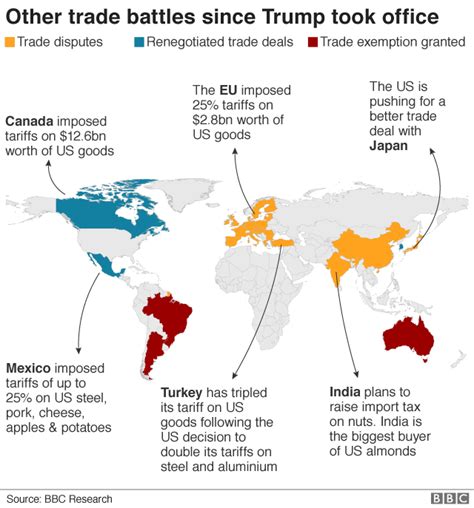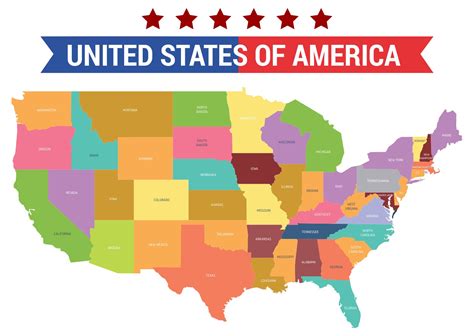how are other countries affected by us china trade war ,How the US,how are other countries affected by us china trade war,The escalating trade war between the United States and China has reached a critical point, threatening to severely disrupt global trade. . both countries had imposed additional tariffs of . Discover the selection of Women's Watches on the Official Cartier® Online Store. Exceptional timepieces that stand for elegance, beauty, and precision.

The US-China trade war, ignited by a series of tariffs, has had a profound impact on global trade, economics, and geopolitics. At its core, the dispute is a battle between the two largest economies in the world over issues ranging from intellectual property rights to trade imbalances. While much of the discourse centers around the direct consequences for the United States and China, the ripple effects of this conflict are felt across the globe. From Europe and Asia to Africa and Latin America, the trade war reshapes international trade dynamics, affecting the global supply chain, market access, and economic stability.
One of the key concepts in understanding these effects is the elasticity of exports—essentially, how responsive a country’s exports are to changes in the tariffs imposed by the US and China. This elasticity identifies whether a country's exports complement or substitute the goods and services of the US or China, thereby influencing how the trade war impacts their economy. This article explores how various regions and nations are affected by the US-China trade war, focusing on the European Union (EU), Asia, and Africa, while also considering the broader implications for the global economy.
The US-China Trade War: A Brief Overview
Before delving into the global effects, it's important to understand the dynamics of the US-China trade war itself. Initiated in 2018 under the administration of President Donald Trump, the US imposed tariffs on a wide range of Chinese goods, citing unfair trade practices and the theft of intellectual property. China retaliated by imposing tariffs on US products, leading to a tit-for-tat escalation that affected billions of dollars’ worth of trade. The dispute was framed by both nations as a fight over trade imbalances, economic dominance, and national security.
The war had various phases, with the US initially targeting China’s exports to the US, followed by restrictions on Chinese technology companies like Huawei. In response, China sought to retaliate through tariffs on American agricultural products, rare earth metals, and consumer goods. The effects of these tariffs have been felt not only by the US and China but also by many third-party countries involved in global supply chains.
How Does the US-China Trade War Affect Export Elasticity?
The concept of "elasticity" in international trade refers to how sensitive a country's exports are to changes in tariffs. A nation’s export elasticity can indicate whether its exports complement or substitute those of the US and China.
- Complementary Exports: If a country's exports complement those of the US or China, it means that its goods are typically used together with US or Chinese goods in the global supply chain. In such cases, tariffs may disrupt the whole production process, leading to a decline in demand for those complementary goods.
- Substitute Exports: On the other hand, if a country’s exports substitute US or Chinese goods, the imposition of tariffs may open up opportunities for those nations to capture market share from the affected economies.
Understanding these dynamics allows policymakers to anticipate how different regions will be impacted by the US-China trade war. For instance, countries that export raw materials or intermediate goods used in Chinese or US manufacturing will likely experience different consequences than countries that export consumer goods or advanced technology.
How Does the US-China Trade War Affect the EU?
The European Union, being one of the largest economic blocs in the world, is significantly impacted by the US-China trade war, even though it is not a direct participant in the dispute. Several factors contribute to the EU’s vulnerability in this trade conflict:
# 1. Impact on European Exports to the US and China
The EU is a major trading partner for both the US and China, with goods flowing in both directions. As the trade war escalates, the US and China both impose tariffs on a wide range of goods, affecting European exporters. For example, tariffs on Chinese electronics and American agricultural products could harm European firms that rely on exports to both of these economies.
- Agricultural Sector: The EU’s agricultural sector, particularly in countries like France and Germany, faces challenges as Chinese tariffs on US agricultural products force China to seek alternatives, sometimes from Europe. However, this can also lead to trade barriers, making it harder for European farmers to access Chinese markets.
- Automotive Industry: The European automotive industry is particularly vulnerable. German automakers like Volkswagen and BMW have significant exposure to both the US and Chinese markets. The imposition of tariffs on cars and car parts could increase production costs and reduce demand for European vehicles in these major markets.

how are other countries affected by us china trade war Men's Watches Women's Watches New Arrivals Shop by category; Shop By Price. Under $1,000; $1,000 to $6,000; $6,000 to $12,000; $12,000+ Services. Sell Your Watch . Looking for a pre-owned Cartier watch? Click here to shop now. Looking for a pre-owned Breitling watch? Click here to shop now. Looking for a pre-owned TAG Heuer watch?Elevate your style with Cartier Trinity rings, a harmonious blend of three intertwined gold rings .
how are other countries affected by us china trade war - How the US